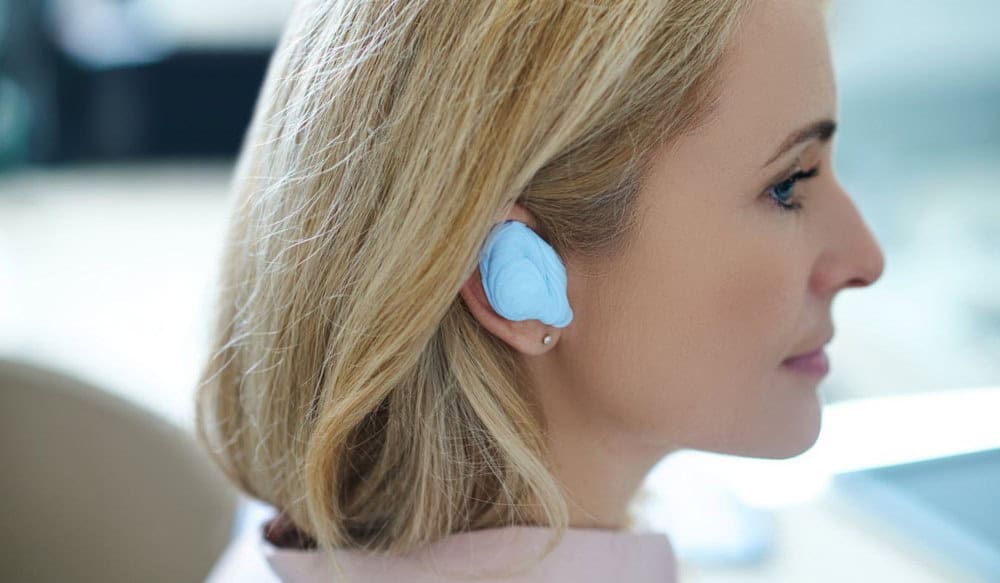How ENT Specialists Manage Chronic Ear Infections
Chronic ear infections can be an issue, affecting your daily activities

Hearing loss is incredibly common, according to the NIDCD, about, 28.8-million U.S. adults could benefit from using hearing aids. Unfortunately, a small percent of these people seek help for their hearing loss.
If you notice a decline in your hearing health, it’s best to get support early on. Failing to treat hearing loss increases your risk of developing both depression and dementia. Once you’ve got your hearing aid, you’ll need to adjust to using it. Be sure to avoid these four mistakes that new hearing aid owners make.
When you get a new hearing aid it’s important to read the instructions and make sure that you understand all the different features. Unless you understand how your device works, you’re unlikely to get the most out of it.
Some types of hearing aids are rechargeable, these come with rechargeable batteries and you simply have to plug in the device when it runs out of power.
These microphones are designed to filter through the sound that’s in front of you, and then reduce the sounds that are beside or behind. Directional microphones make it easier to hear when there’s plenty of background noise.
If you need a hearing aid it’s best to visit your ear, nose and throat (ENT) specialist for a professional fitting. Unless you have a professional fitting, you could risk ending up with the wrong hearing aid. A hearing aid fitting is essential for several reasons:
Unless you maintain your hearing aids properly, they may not last too long. Hearing aids can be hard to replace, and so it’s best to take care of them. To help you maintain your hearing aids, here are a few general tips:
When you first start using a hearing aid, you may not notice a big improvement right away. You’ll need a little time to get used to your hearing advice, so it’s important to be patient. To help you navigate this new experience it’s best to work with an ENT doctor. Here are a few key questions that you might like to ask your ENT doctor about your new device:
If you believe you are experiencing hearing loss, you’ll need to make an appointment with an ENT doctor. Your ENT specialist will be able to perform a hearing test, to assess your level of hearing loss. Once you get the results, you’ll be invited to attend a hearing aid fitting. At the hearing aid fitting your doctor will help you to find the right hearing aid for you. To learn more about our practice, ENT Specialists, call us today at (402) 983-9948.

Chronic ear infections can be an issue, affecting your daily activities

As autumn breezes sweep in, bringing crisp air and vibrant foliage, it’s

Nosebleeds can catch you off guard, appearing suddenly and sometimes